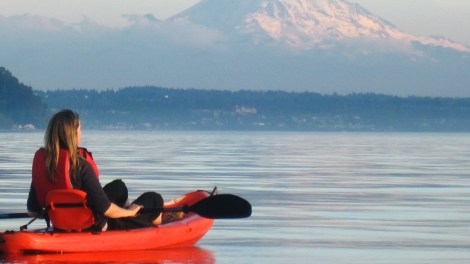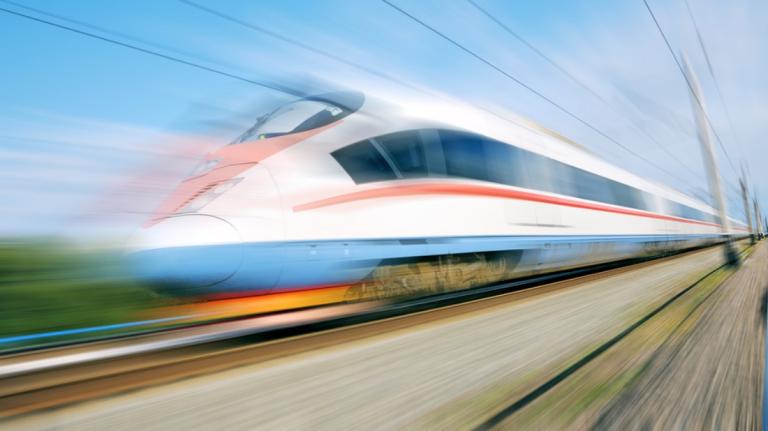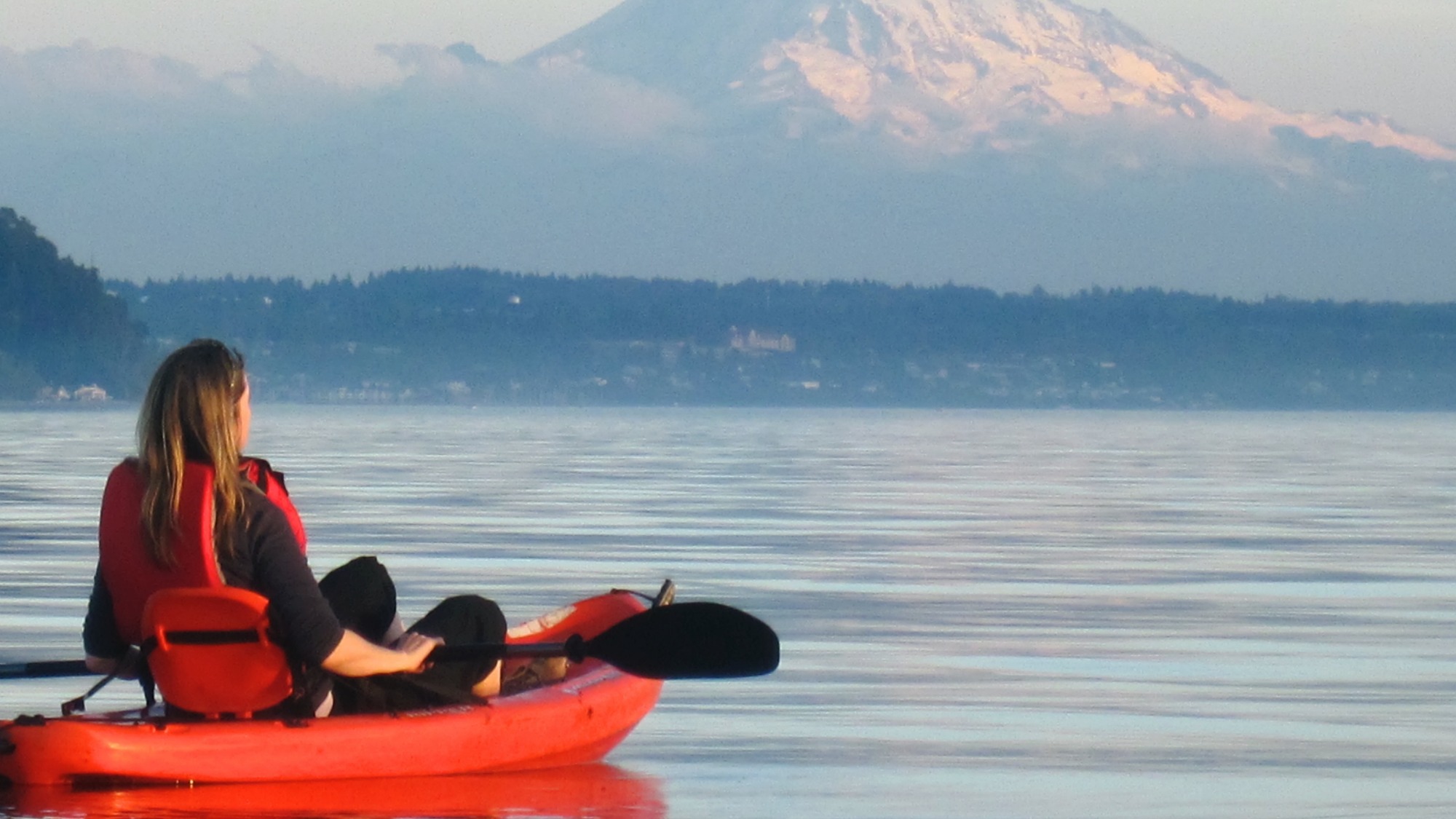
Ingrid TaylarThe Puget Sound — prettier without an oily sheen.
It looks like Puget Sound — which isn’t actually a noise but a sprawling and ecologically rich estuary in Washington state — is about to get a whole lot oilier.
An ugly trifecta of fossil fuel export projects proposed around the sound would substantially boost shipping traffic, and a new report funded by the EPA and produced by academic scientists for a state agency warns that can be expected to bring oil spills with it.
If the Gateway Pacific coal export terminal is built at Cherry Point, Wash., and Kinder Morgan’s Trans Mountain pipeline into Vancouver is expanded, and Vancouver’s Deltaport is expanded, the report warns that the frequency of ship groundings and collisions could rise by 18 percent. Regionally, the risks of a large oil spill could rise by about two-thirds, the researchers found. Here’s more from the AP:
“The problem area is the Haro Strait area and the approach to the Strait of Juan de Fuca, where spill volumes could more than triple due to the potential new mix and volume of traffic,” said Todd Hass with the Puget Sound Partnership, the agency is charged with protecting the waterway.
Under a proposal by Kinder Morgan Canada, up to 34 tankers a month would be loaded with oil at a Vancouver-area terminal, up from about five tankers a month now. Those tankers would generally travel through the Haro Strait west of San Juan Island and the Strait of Juan de Fuca.
The report concludes that the risks could be reduced through improved vessel traffic management, more vessel inspections, reduced speed limits for ships, and more tug escorts. And the report points out that those measures could help reduce oil spill dangers regardless of whether the dangerous fossil fuel projects move forward.




